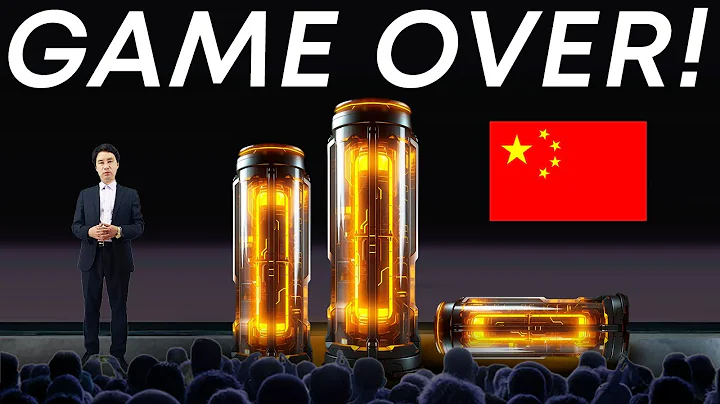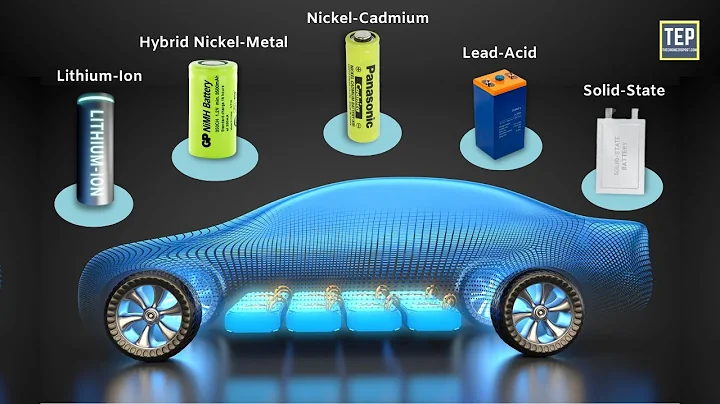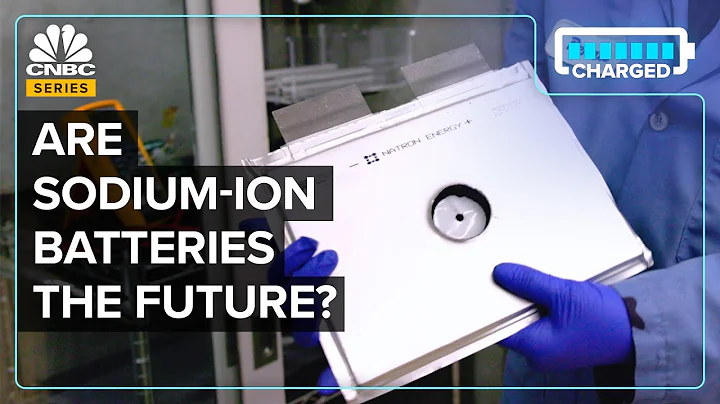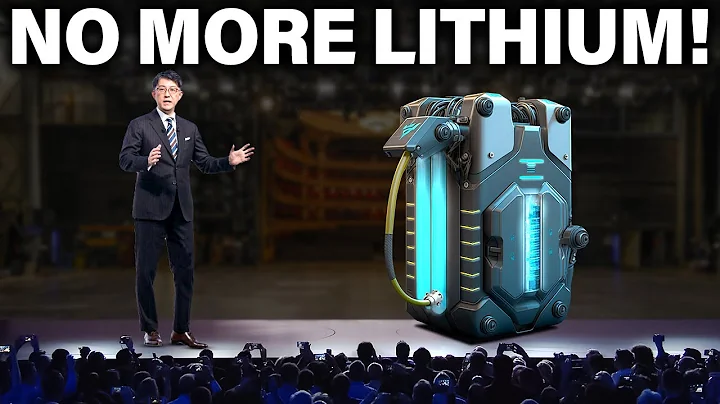battery is the core component of electric vehicles and also the most expensive accessory. At present, the three batteries popular in the electric vehicle industry are graphene concept batteries, lead-acid batteries , and lithium batteries.
has the ability to compare and highlight the advantages and disadvantages of a category. Let’s talk about lead-acid battery VS graphene concept battery; lead-acid battery VS lithium battery, graphene concept battery VS lithium battery.
lead-acid battery VS graphene concept battery
There are important differences in cost, life and charging time

lead-acid battery is the most common battery, while graphene battery is a weighted lead-acid battery. Whether there is any application of graphene element itself, of course, it has not been confirmed to this day.
The truth is that the category called graphene batteries by manufacturers is still just a concept. It is reported that graphene, the raw material of highly conductive graphene, currently sells for up to 600 yuan per gram, which is beyond the reach of ordinary consumers. Therefore It is impossible for graphene batteries to be commercialized at all.
The so-called stone batteries currently on the market have increased in size and weight, indicating that the lead plate uses more raw materials. increases the weight of the lead plate, thereby making the battery life longer, but increasing the cost of sales. Therefore, ordinary lead-acid batteries have the advantage of lower cost than graphene batteries, but in terms of lifespan and charging time, graphene concept batteries are better. Instead of choosing large-capacity ordinary lead-acid batteries, consumers should not choose graphene. Concept battery, because the price of mid-to-high-end electric vehicles equipped with graphene concept batteries is 1,000 yuan higher than those equipped with ordinary lead-acid batteries. Consumers need to be rational and not pay IQ tax.
Graphene battery VS lithium battery
There are important differences in safety and extreme cold scene applications

The popularity and vigorous development of lithium batteries is due to the new national standard policy, and lithium batteries meet the needs of electric vehicles to develop lightweight. But what are the advantages and disadvantages compared to graphene batteries? The advantage is obviously that it is lighter. What about the disadvantages? The battery life of lithium batteries shrinks faster in low-temperature scenarios than graphene batteries, and graphene has more stable charge and discharge cycles in extremely cold scenarios. And lithium is a highly reactive metal, so its safety performance is weaker than that of graphene batteries. In addition, lithium batteries have a lower recycling value than graphene batteries.
For users in the north who have requirements for battery life, the graphene concept battery is a perfect win over lithium batteries.
Lead-acid batteries VS lithium batteries
There are important differences in price and safety

Let’s talk about lead-acid batteries and lithium batteries first. The difference between the two is mainly reflected in price and safety. Lead-acid batteries are naturally cheaper than lithium batteries. On the other hand, lead-acid batteries have a higher safety index than lithium batteries. Lithium battery explosion accidents are common. Lead-acid batteries have a longer development history than lithium batteries, so the products are more mature and have high quality stability. Consumers have high brand awareness of batteries . Sellers will choose big brands to maintain their reputation. or install.
However, the quality of lithium batteries on the market varies from good to bad. Consumers’ brand awareness is lower than that of lead-acid batteries. Therefore, many businesses will buy mixed brands and big brands to sell them, so that the quality and reliability cannot be guaranteed. This is artificial . On the other hand, from a scientific perspective, as mentioned above, lithium batteries are more active than lead-acid batteries, so their safety capabilities are naturally weaker. There are many cases of explosions that have been traced to lithium batteries. In this comparison, lead-acid batteries are undoubtedly the safer standard.
If you have any opinions about the above batteries, please leave a message.





















